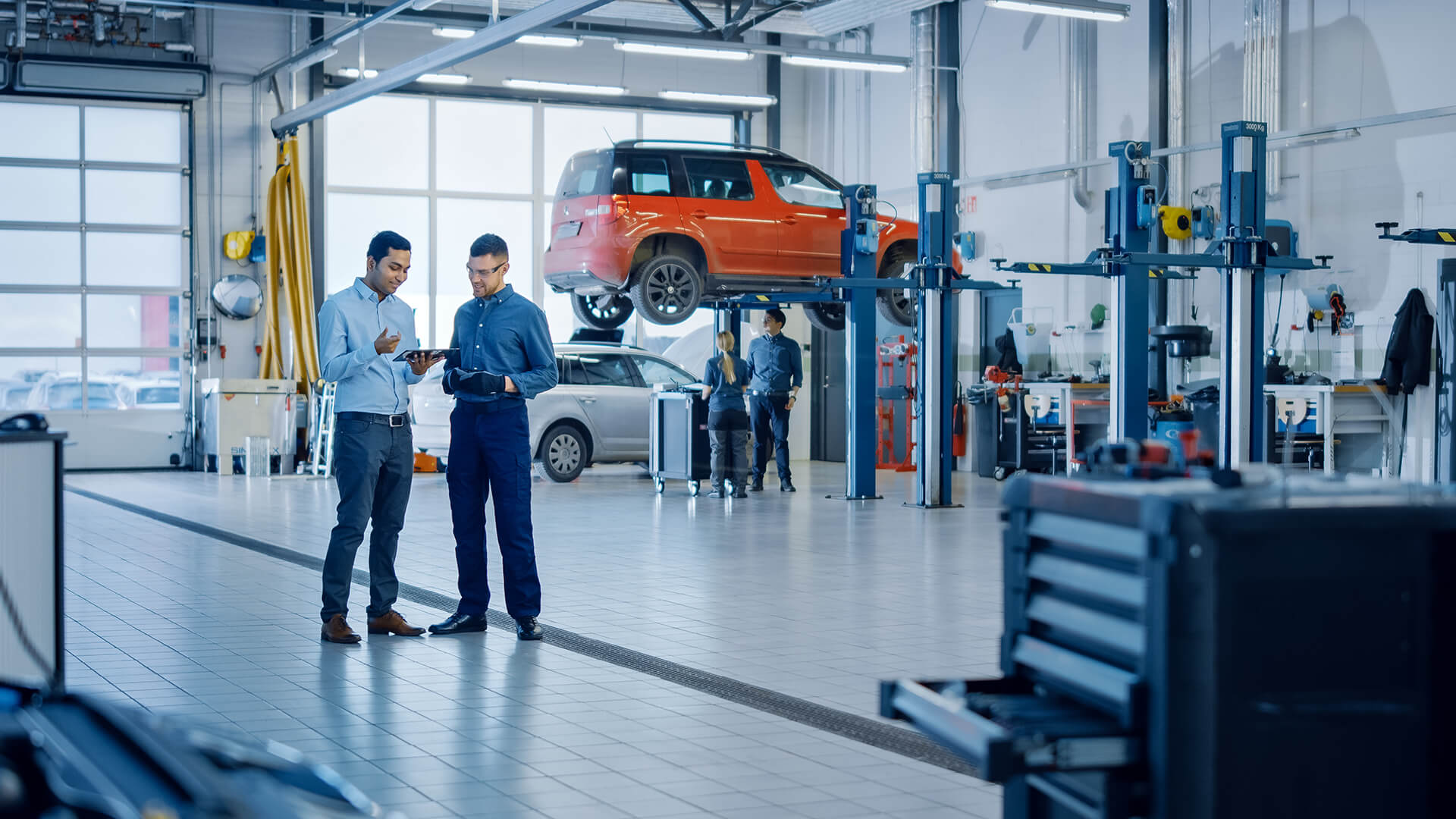Customer Data as the Key to Automotive Innovation
Today’s business landscape features advanced, sophisticated and fast-paced technologies such as artificial intelligence (AI) and the Internet of Things (IoT) that continues to drastically alter the way industries function. In the realm of automotive, the additions of virtual reality and robotics technologies allow for the constant design and development of new features being installed into the latest cars. This expansion of the latest technologies, such as cloud connectivity, has been necessary especially due to COVID-19. Consumers are looking for methods to interact virtually and safely but still live life as comfortably as possible.
Automotive designers and producers have the capabilities to incorporate consumer interests into large-scale decisions by collecting and leveraging data from service, manufacturing, and product attributes. As such, the automotive industry features one of the fastest-growing, technologically advancing periods in its history. Today, consumers expect personalized service and customizable shopping and driving experiences. Automotive producers must adapt to these desires of their consumers.

Notably, car sales are conducted in a completely different manner today than just a few short years ago. Drivers now want mobile and touch-screen technology embedded into vehicles along with the last safety features. Autonomous vehicles are even gaining attention as major cities plan to welcome these cars to their roads and transportation infrastructures. Mobility ecosystems are necessary for new services such as autonomous technologies to thrive. Convenience is key, as proven by the mass increase in ride-sharing services worldwide. The automotive industry is utilizing advanced data, IoT, AI and new technologies to get customer insight into the future of their vehicles.
With the production of information and technology that is more rapid than ever, especially due to COVID-19, it is no surprise that consumers want the newest innovations quickly. They are also unafraid to share opinions on these developments. Approaching a conversation with a customer can most easily be successful by understanding the customer profile beforehand. Much of this background is now curated from social media channels, where conversation and opinions flow freely. Understanding the whole customer can truly transform the entire automotive future, from selling the vehicle to aftermarket service interactions.
Technological developments are not slowing down any time soon. Suppliers are recognizing the need to take every step of the consumer’s experience into account. Using information about customer preferences to develop this automotive experience allows carmakers, auto dealerships and lenders to use data in the most efficient and productive ways possible.
How is your business using advanced technologies and real-time data to better understand customer preferences? Connect with a Merit Mile auto industry expert to learn more.